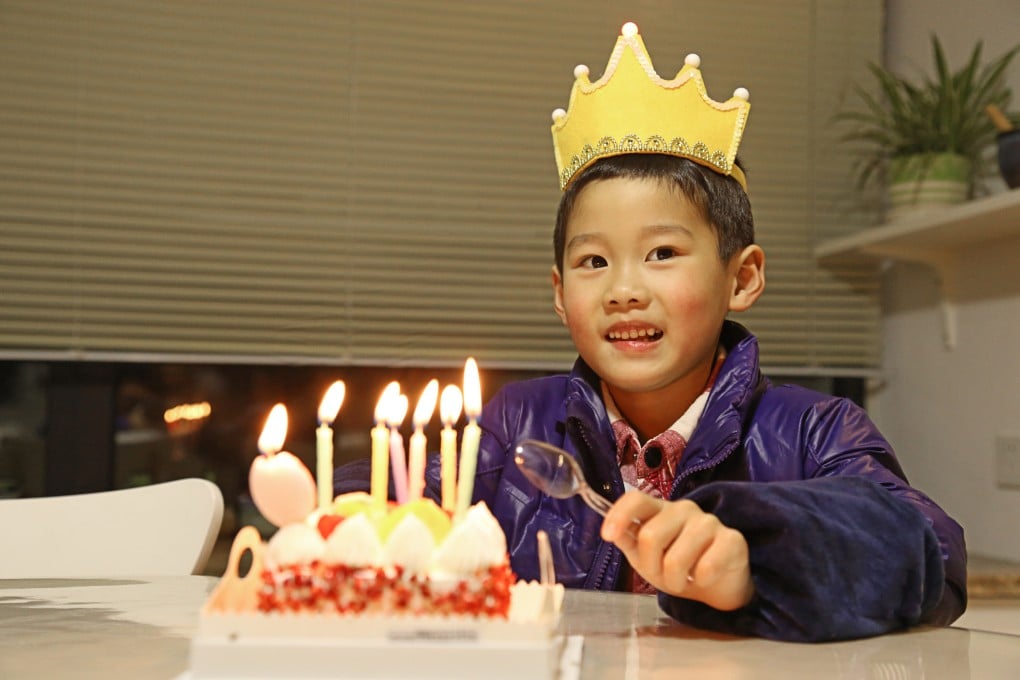Reflections | What do Chinese eat on birthdays besides cake? Eggs, noodles, longevity peaches represent ideals from fullness to long life
- The shape of an egg symbolises fullness and completeness in China; noodles, the longer the better, represent long life – and should be slurped down whole
- Longevity peaches, or shoutao, are actually buns in the shape of a peach; in a melding of East and West, cakes shaped like giant shoutao on steroids can be seen

We celebrated my nephew’s birthday earlier this month with a special dinner at home, with only the most immediate family members, partly because of the pandemic but also because hosting big birthday parties is never really our thing.
It is hard to believe that my nephew is 19 when it seems only a short while ago that I was still carrying him in his swaddling clothes, and his sole means of communication was making baby noises and blowing spit bubbles.
After dinner, a cake was brought out and candles were lit, which my nephew blew out after making a silent wish. This Western ritual, which originated in Europe, of observing a birthday with cake has become universal. It is pretty much expected at every birthday celebration around the world and across most cultures.
But what do the Chinese eat as a special birthday treat other than the Western confectionery called cake, which they have wholeheartedly embraced, as have most non-European people around the world?
Eggs are one of the things eaten by the Chinese on their birthdays. Given that a birthday is the anniversary of the day that a person was born, the symbolism of the egg is obvious. The shape of an egg also represents fullness and completeness, qualities that you cannot have too much of in your life.
Another food for the birthday table are noodles, the longer the better. For the Chinese, birthdays are not only a celebration of being born, but also an occasion to wish for a long life. Hence, long noodles are eaten by people celebrating their birthday with the hope for longevity. For it to work, some say that one must slurp the entire lengths of the noodles into the mouth and not bite them off.
